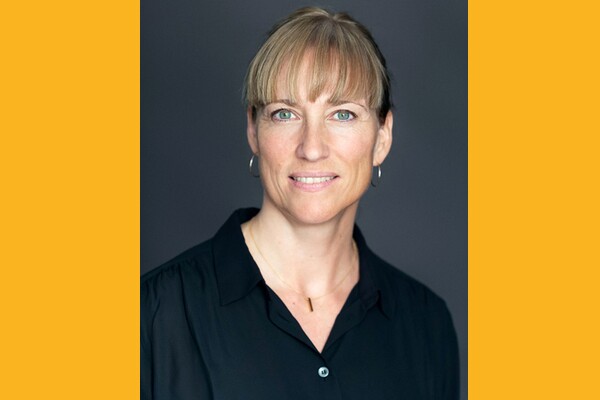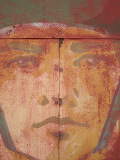
Marie Sandberg
Letter of the President
Marie Sandberg announces SIEF2025 in Aberdeen and the launch of the SIEF Series in Ethnology and Folklore: New Directions in the Study of Everyday Life, Past and Present with Berghahn Books. Sandberg also introduces the new SIEF working group on Cultural Perspectives on Education and Learning.
Dear Colleagues,
As already communicated, the SIEF2025 Congress will regrettably not take place in Bucharest as previously announced. We thank our esteemed Romanian colleagues for their efforts and SIEF hopes to visit Romania in the future. SIEF remains committed to the mission of organizing biennial international congresses in cooperation with local hosts at academic institutions across Europe, from South to North and East to West, while promoting diversity, equity, and inclusivity. For the past months, enquiries have been made, and we are pleased to announce that the Elphinstone Institute, University of Aberdeen, Scotland, is able to host the SIEF2025 Congress, June 3‒6, 2025. We send a warm thank you to the Elphinstone Institute and the lo cal partners for their great flexibility and hospitality. A call for panels will be released at the end of the summer, so stay tuned.
SIEF is delighted to be launching the SIEF Series in Ethnology and Folklore: New Directions in the Study of Everyday Life, Past and Present with Berghahn Books, starting this year. The SIEF Book Series is dedicated to presenting cutting-edge research in the fields of European ethnology, folklore studies and related fields by publishing rigorous peer-reviewed monographs and edited collections showcasing a wide range of everyday life practices, cultural traditions, and belief systems from around the world in the past and present. With this exciting new initiative, SIEF’s intent is to support the publishing of research monographs and edited volumes at the highest level alongside with peer-reviewed research articles as we already do in the SIEF journals Ethnologia Europaea and Cultural Analysis. The launch of the SIEF Book Series thus aligns with the move of Ethnologia Europea to Berghahn and complements the efforts of our sister organization EASA’s Book Series and journals at Berghahn. Hande Birkalan-Gedik is the first co-editor of the series, and we are currently seeking a second co-editor. Please read the call here. With Ethnologia Europaea joining Berghahn, I think the journal, steered by the joint editors-in-chief, will be in the very best of hands. Sincere thanks to outgoing co-editor Laura Stark and former production manager Magdalena Tellenbach, and welcome to the new co-editor Patrick Laviolette, who will be working with continuing co-editor, Alexandra Schwell. The journal will continue its open access journey (started in 2019) as a part of the Berghahn Open Anthro – Subscribe to Open (S2O) initiative.
Of further happy news is the launching of SIEF’s new working group on Cultural Perspectives on Education and Learning. This new working group is open for scholars interested in all forms of education and learning, from formal educational institutions (pre-school, school, higher education etc.) to everyday settings and contexts where education and learning may play an integral part (such as museums, organizations etc.). For further information, please have a look at the website and contact the chairs and secretary of the working group, Maria Zackariasson, Erika Lundell and Nadine Wagener Böck.
Many doctoral and advanced master’s students have reacted on the call for our upcoming SIEF Summer School Postscapes Matter, September 23‒27, 2024, in Zagreb, Croatia. The local organizer is the Department of Ethnology and Cultural Anthropology, Faculty of Humanities and Social Sciences, University of Zagreb, supported by a range of cultural organizations and scientific institutions located in Zagreb. The organizers propose to think of Zagreb as a diverse postscape ranging from post-industrial capitalism in motion, deindustrialization and ruination of economic lifeworlds, to post-catastrophe life after pandemics and natural disasters, post-neoliberal political citizenship after the 2015 migration crisis of humanity, the post-socialist politics of aesthetics and the post-carbon city government and urban planning for the future.
Much to look forward to, much to appreciate. Take the opportunity to read the recent reports from our SIEF working groups, new issues of Cultural Analysis and Ethnologia Europaea, and much more. Enjoy!
Yours cordially, Marie Sandberg, President of SIEF




